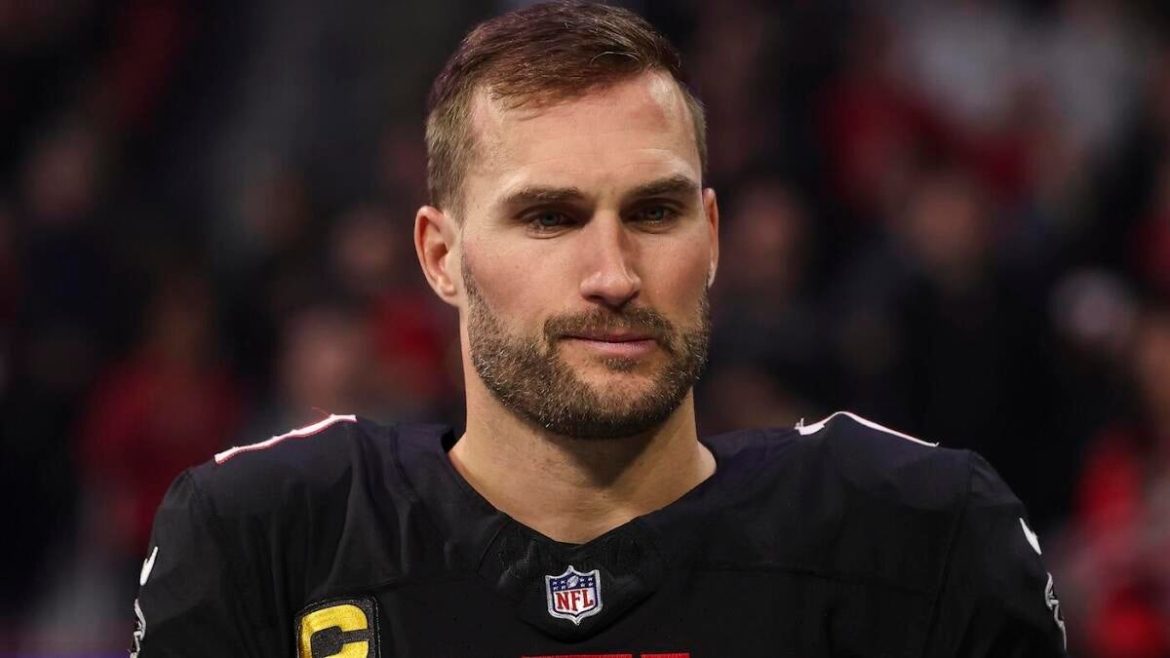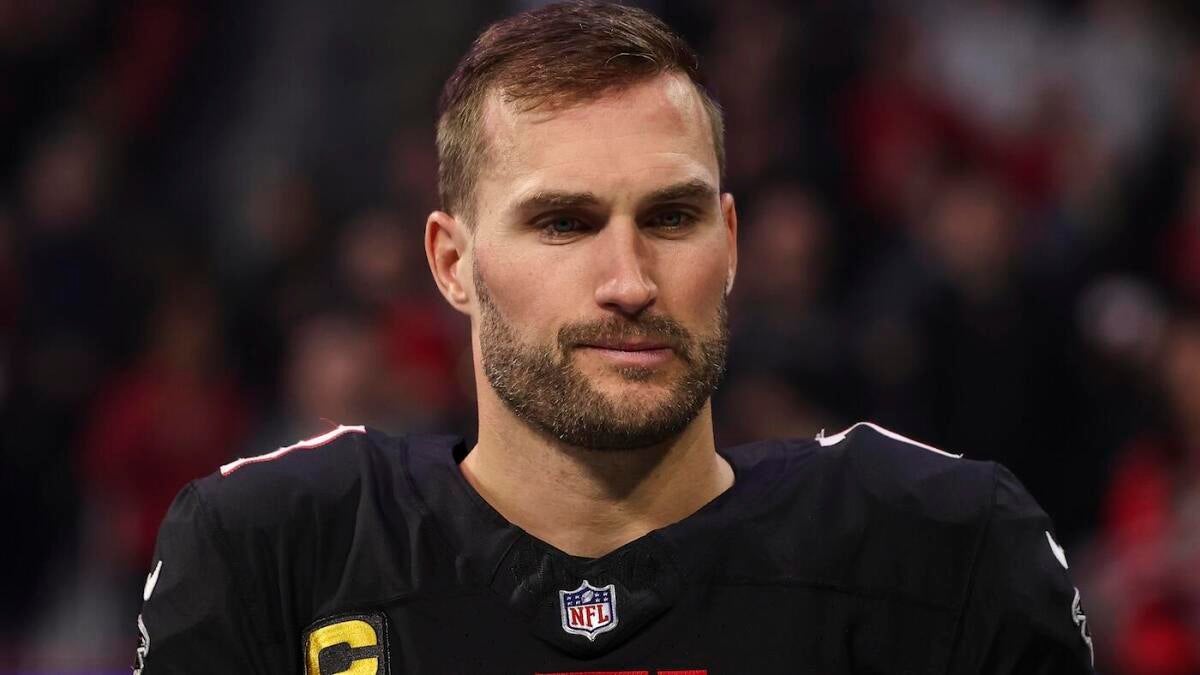The Atlanta Falcons’ 2024 offseason is marked by significant developments surrounding two of their most high-profile players: quarterback Kirk Cousins and tight end Kyle Pitts. Both are notably absent from the start of the Falcons’ voluntary organized team activities (OTAs), a development that has captured attention and intensified trade speculation. This report delves into the implications of their nonattendance, trade rumors, and what these moves signal for the Falcons’ direction moving forward.
Absence at OTAs: A Strategic Silence
Kirk Cousins and Kyle Pitts did not participate in the Falcons’ initial OTA sessions, as confirmed by head coach Raheem Morris and multiple media reports. While OTAs are voluntary, the absence of such key players in early offseason work typically sends ripples through the team and fan base.
Cousins’ absence is particularly pointed because he was expected to attend, given his role as the starting quarterback. His decision to stay away aligns with mounting rumors that he desires a trade, aiming to secure a starting job elsewhere in 2025. His nonattendance appears less a matter of schedule conflict and more a strategic move underscoring his unsettled future in Atlanta.
Kyle Pitts’ situation, while less directly tied to trade whispers, is also significant. Entering the final year of his contract, Pitts is regarded as a valuable but somewhat underwhelming asset relative to expectations. His absence during OTAs may be a negotiating or strategic maneuver as the Falcons assess their roster and potential trade assets.
The Trade Landscape and Salary Cap Considerations
Cousins’ contract complicates matters for the Falcons. The veteran quarterback carries a hefty financial commitment, including a $10 million roster bonus due in 2026 and a $40 million cap hit in 2024. His no-trade clause adds another layer of complexity, requiring his consent on any potential deal.
According to salary cap analysis, if the Falcons trade Cousins before June 1, they would take $37.5 million in dead cap money for 2025 but would save $2.5 million. Trading him after June 1 offers more cap relief but extends the dead money burden. These financial intricacies make a swift trade challenging.
Regarding Pitts, experts claim he might be Atlanta’s best trade asset this offseason, as analysts suggest the Falcons could leverage his underrated value. Trade discussions have surrounded both players, but while Cousins’ possible departure garners more headlines, Pitts’ value in any trade deal might rival or exceed that of the quarterback.
Team Implications: Transition and Uncertainty
The Falcons appear to be at a pivotal crossroad. The combination of Cousins’ intentions to leave and Pitts’ contractual status suggests an offseason of uncertainty and transition. Coach Raheem Morris has publicly acknowledged the situation, noting that Cousins wants to remain a starting quarterback, a factor likely motivating his desire for a trade.
Meanwhile, backup quarterback Michael Penix Jr.’s experience last season—where he took on more responsibility after Cousins was benched—could influence the Falcons’ quarterback strategy. The team might seek veteran presence, yet also weigh the cost and opportunity of transitioning toward younger talent.
The missing presence of other key players during OTAs—wide receivers, linebackers, and defensive linemen—while less conspicuous, adds to a narrative of a team recalibrating its roster and preparing for potential roster shifts.
Fan and League Perspectives
From a fan perspective, the absent stars and mounting speculation fuel debate over the Falcons’ offseason direction. Some see Cousins’ absence as a message to management, potentially signaling unrest or a desire for fresh starts. Others view Pitts’ quiet nonattendance as tactical, considering his importance to the Falcons’ offensive future and trade leverage.
League-wide, the Falcons’ situation is noted as a unique case of a promising quarterback contract and a top tight end asset being simultaneously in flux. NFL analysts speculate about possible trade destinations for Cousins and how Atlanta might recoup value, while also highlighting Pitts as a coveted player around the league.
Conclusion: Navigating a Critical Offseason
The absence of Kirk Cousins and Kyle Pitts from the Falcons’ first OTA sessions encapsulates the complexities defining the team’s 2024 offseason. Cousins’ trade intentions and Pitts’ contractual status underscore a franchise at a crossroads, balancing financial constraints, roster management, and competitive aspirations.
For the Falcons, the path forward involves delicate negotiations and strategic decisions on personnel. Should Cousins be moved, the Falcons will need to identify how to fill the void at quarterback, possibly investing in a veteran or leaning on developing talent like Penix. Meanwhile, Pitts represents both a cornerstone for the Falcons’ offense and a valuable trade chip whose future merits close attention.
This offseason’s unfolding events will undoubtedly shape the Falcons’ roster and identity for the upcoming NFL season and beyond. The team’s ability to navigate these challenges with clarity and foresight will influence its success on the field in the coming years.





